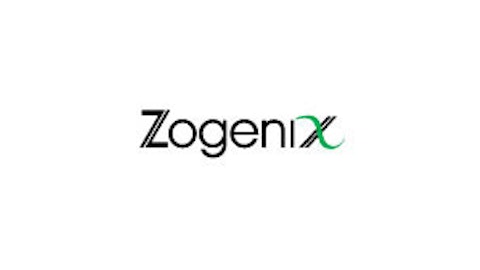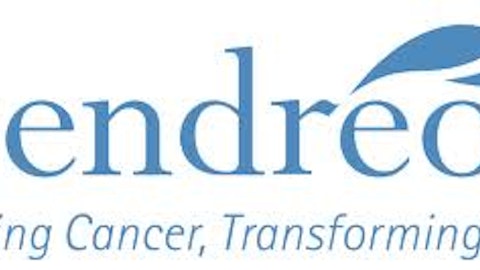A relationship change
One interesting thing about this drug is that JNJ had an agreement with Schering-Plough to distribute Remicade in many foreign markets. When Merck & Co., Inc. (NYSE:MRK) purchased Schering, Johnson & Johnson contented that the acquisition constituted a change of control based on the distribution contract, and attempted to void it in its entirety.
In mid-2011, the two companies reached an agreement in which Merck retained the rights to distribute Remicade and another drug in Europe, Russia, and Turkey. These areas accounted for the vast majority of Merck’s profits from the two drugs. This relationship, which has obviously been tenuous at times, is an important one to watch. While Merck is involved, JNJ has to give up a piece of the action. If the company can remove Merck from the equation, as it did in notable markets like Canada, Brazil, Australia, and Mexico, JNJ will retain more of the revenues.
Extending the date
It’s hard to put exact dates on patent expirations, because companies can extend the date by creating slightly different formulations. For example, making a 24 hour version of a drug that had typically been available only in 12 hour formulations. However, generic drug manufacturers can also challenge patents, which can shorten their lifespans. All of this is complicated, but vital to watch, particularly for Remicade.
Inflammation is increasingly being targeted for its negative impact on health. Remicaide’s obvious benefit with inflation issues makes it a powerful drug. It has a long history of safety and success, off of which Johnson & Johnson can build its research in an attempt to broaden the indications for which it is being used. For example, the pediatric use of the drug is a relatively new development.
The competition
Abbott Laboratories (NYSE:ABT)’s Humira is a major competitor to Johnson & Johnson’s Remicaide, with approval for virtually all of the same illnesses. In 2011, Humira garnered nearly $8 billion in sales, making it even more important to Abbott’s top line than Remicaide is to Johnson & Johnson. The company is putting some heavy muscle behind the drug, as well, studying it for several additional indications.
There is plenty of room in the market for both drugs to survive, but investors should keep their eyes out for Humira and Abbott Labs. Note that generic versions of either drug could materially impact both drugs, as third party payers would likely insist on the cheaper version being the first line of defence.
While increasing sales of Remicaide is a good thing, it also increases the top- and bottom-line risk this one drug poses to the company. At the end of the day, then, it is something of a double-edge sword. Investors need to watch both this drug’s developments, those of key competitors, and new drugs that may be approved for the same indications.
The article Healthcare Giant’s Giant Drug originally appeared on Fool.com and is written by Reuben Gregg Brewer.
Copyright © 1995 – 2013 The Motley Fool, LLC. All rights reserved. The Motley Fool has a disclosure policy.





